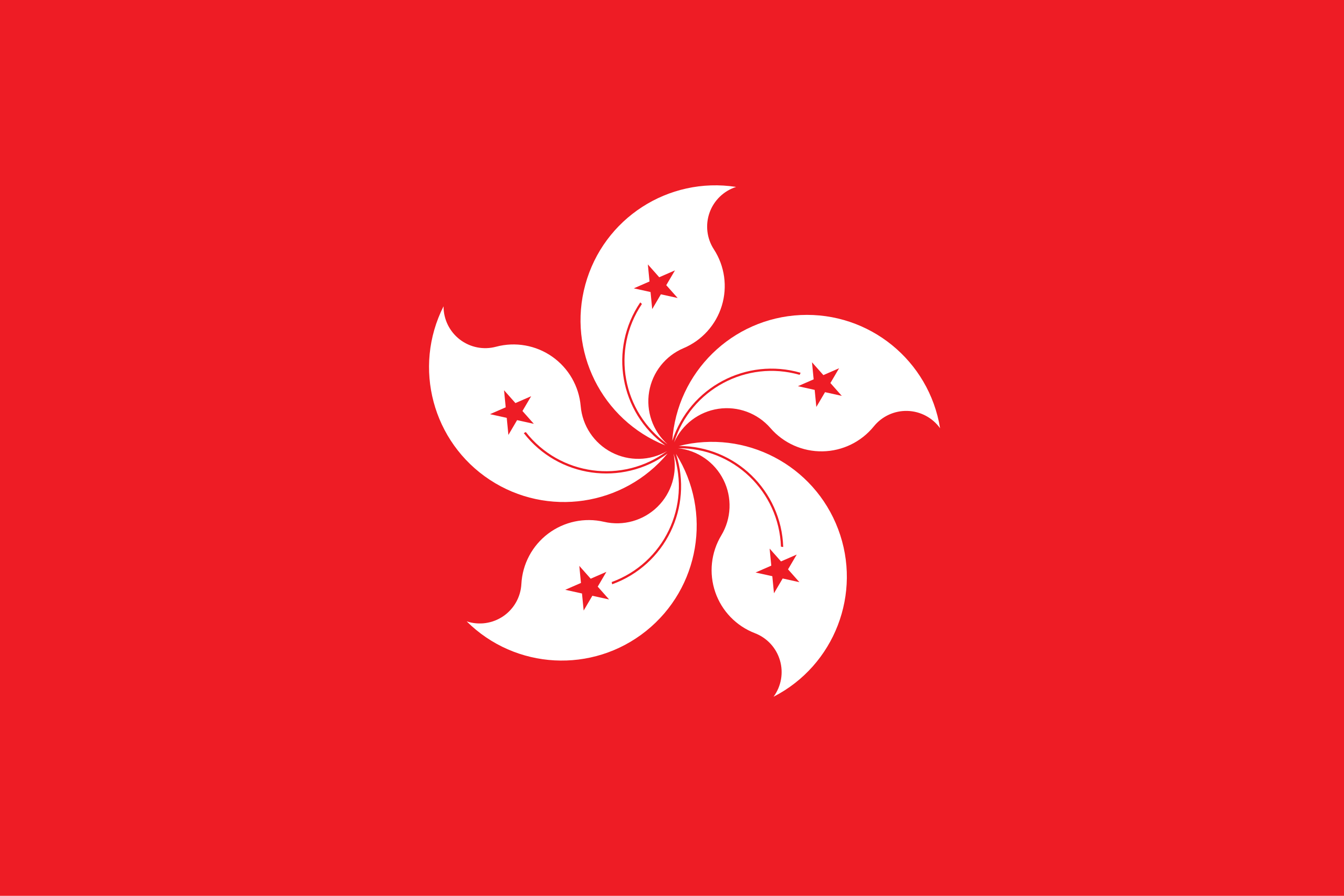
A Hong Kong court has sentenced over 30 prominent pro-democracy activists to prison terms ranging from four to ten years in what has been described as the largest national security case since the imposition of the Beijing-backed security law in 2020. The sentences, handed down on Tuesday, mark a significant moment in the city’s ongoing crackdown on dissent, further diminishing hopes for political freedoms that once defined Hong Kong’s global image.
The convicted individuals, many of whom were well-known figures in the city’s pro-democracy movement, were found guilty of “subversion” under the stringent law that was enacted by Beijing to curb what it sees as threats to national security. This law, which punishes acts deemed as secession, subversion, terrorism, and collusion with foreign forces, has been widely criticized by human rights organizations and governments around the world as a tool to suppress political opposition and dissent.
Among those sentenced was prominent activist and scholar, Benny Tai, who received a prison sentence of 40 months for his role in organizing and promoting pro-democracy protests. Also convicted were former lawmakers, including Lee Cheuk-yan and Albert Ho, both of whom were sentenced to years behind bars for their participation in the 2014 Umbrella Movement, which called for greater political autonomy for the region. These high-profile cases underline the increasing reach of Hong Kong’s government in silencing opposition voices under the security law.
The national security law, which was implemented by Beijing in June 2020, has been a critical point of tension between Hong Kong’s pro-democracy factions and the central government. Since its passage, scores of activists, journalists, and politicians have been arrested, and many prominent figures have fled the city, seeking refuge abroad. Critics argue that the law is a direct assault on the “one country, two systems” principle that was supposed to guarantee Hong Kong’s political and civil freedoms for 50 years after its handover from Britain to China in 1997.
This mass sentencing is seen as part of a broader effort by Beijing to eliminate any form of organized opposition in Hong Kong, which was once known for its vibrant civil society and press freedom. International observers have condemned the crackdown, warning that it signals the end of Hong Kong as a global center of finance and free expression.
The court’s decision is particularly significant because of the scale of the case. It is not only one of the largest such cases since the security law was introduced, but also reflects the shifting dynamics of political freedoms in the territory. The Chinese government has made it clear that it views these activists as a direct threat to national sovereignty and stability, viewing their activities as part of a broader international “conspiracy” against Beijing’s authority. However, many human rights organizations insist that the activists were simply exercising their right to free speech and political engagement, rights that Hong Kong citizens were once guaranteed under the Basic Law.
The sentencing has sparked widespread condemnation from international governments, including the United States and the European Union, who have called the convictions politically motivated. Both have urged Hong Kong authorities to release the activists and reinstate fundamental freedoms. A growing number of countries have also begun to offer asylum to Hong Kong dissidents, providing safe harbor for those fleeing the expanding repression.
The crackdown also serves to underscore the increasing influence of Beijing in the region. While Hong Kong was promised autonomy and independence in many respects, critics argue that the reality has become starkly different. Beijing’s move to impose the national security law without the approval of Hong Kong’s legislature was seen as a significant breach of the “one country, two systems” framework. The law’s broad scope and vague definitions have allowed authorities to target a wide range of activities, including peaceful protests and public dissent, as national security threats.




